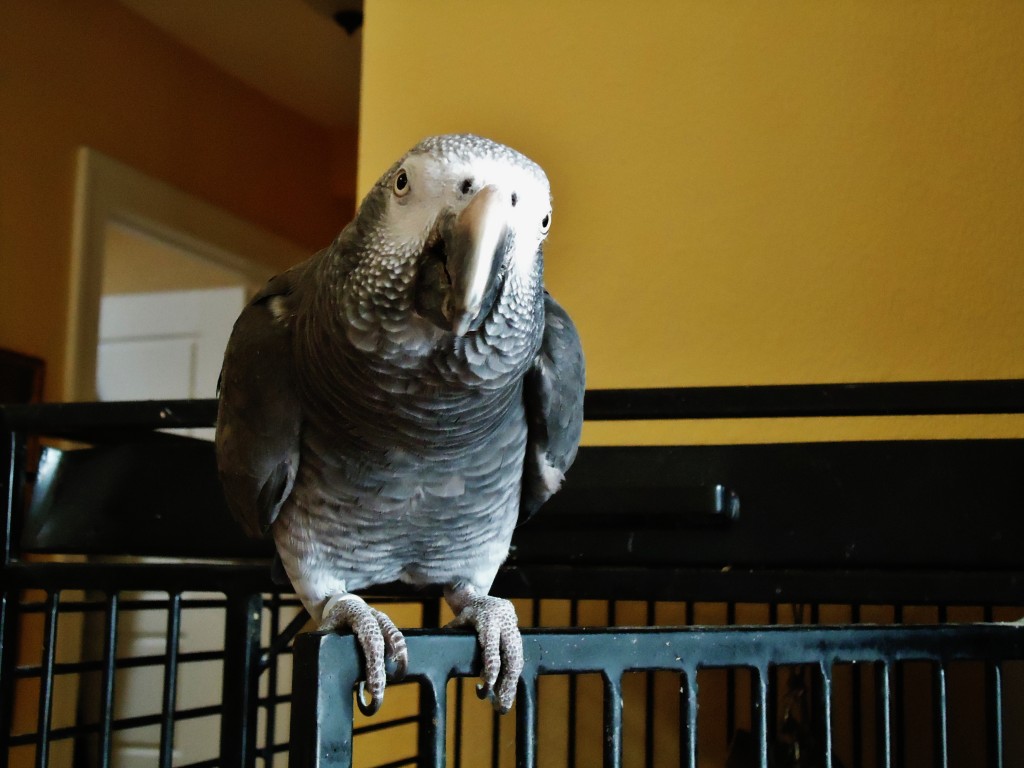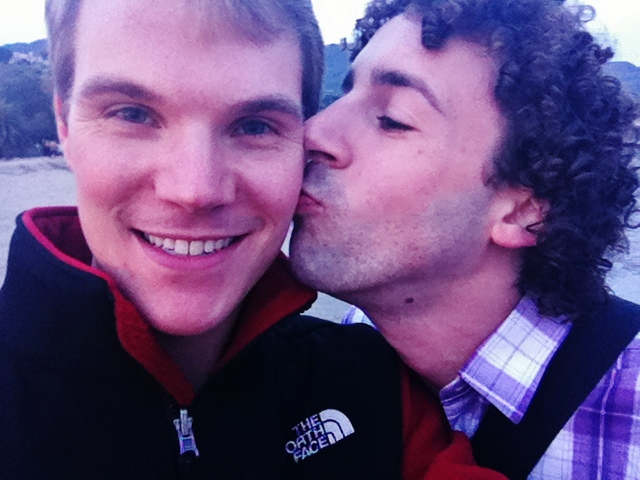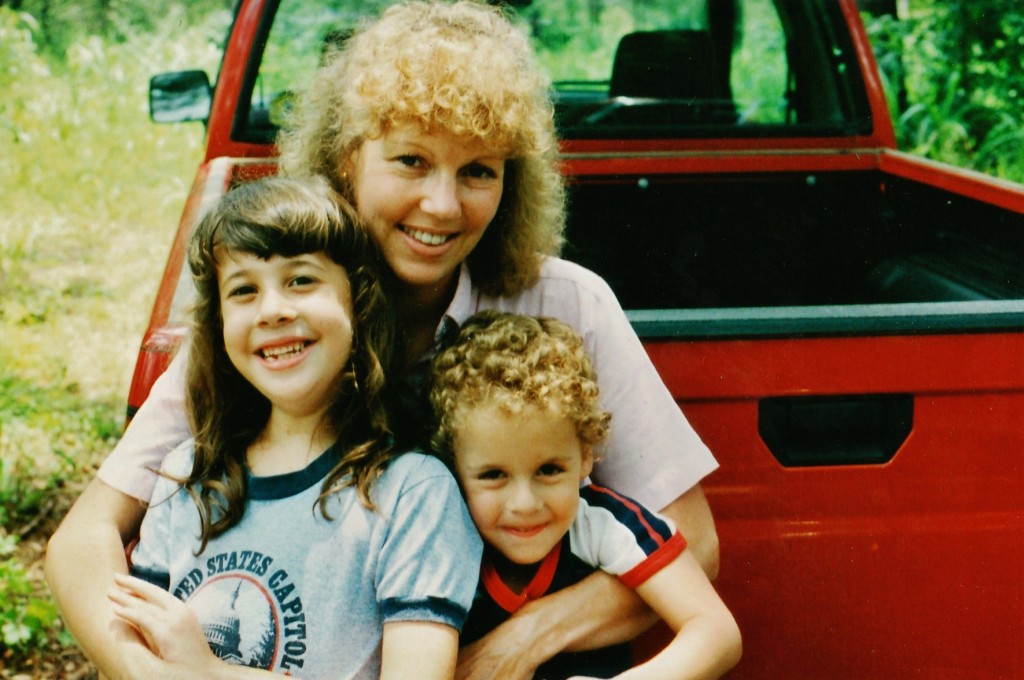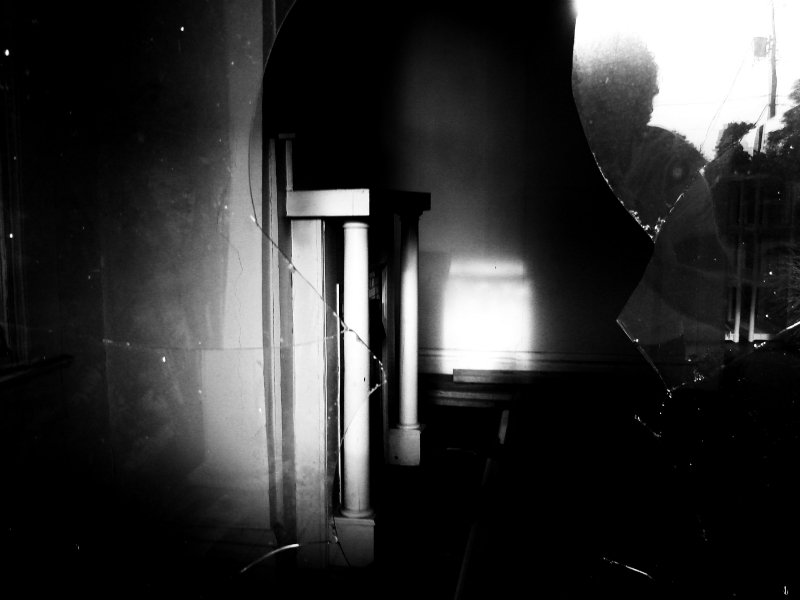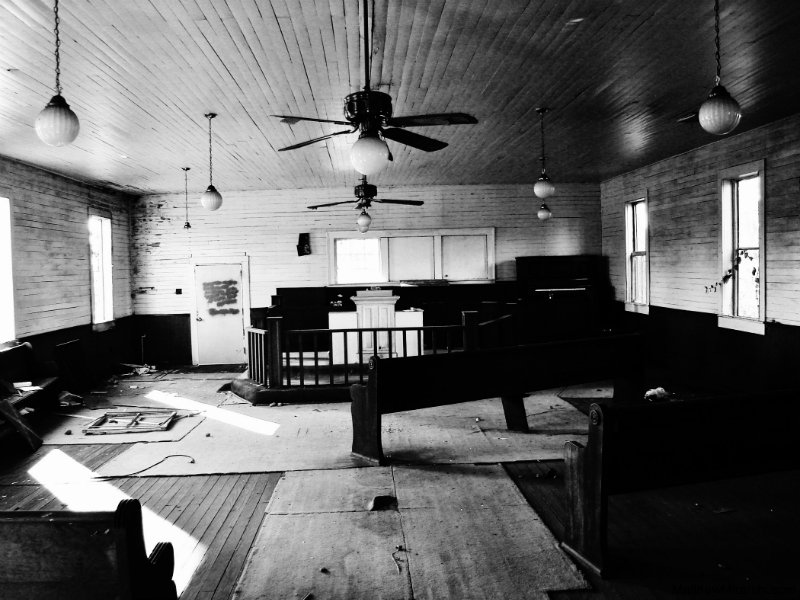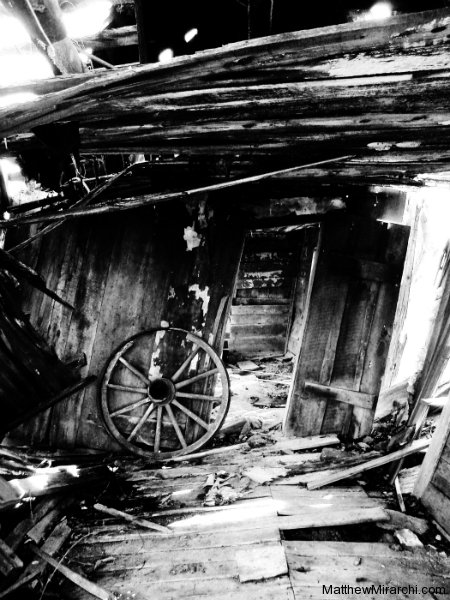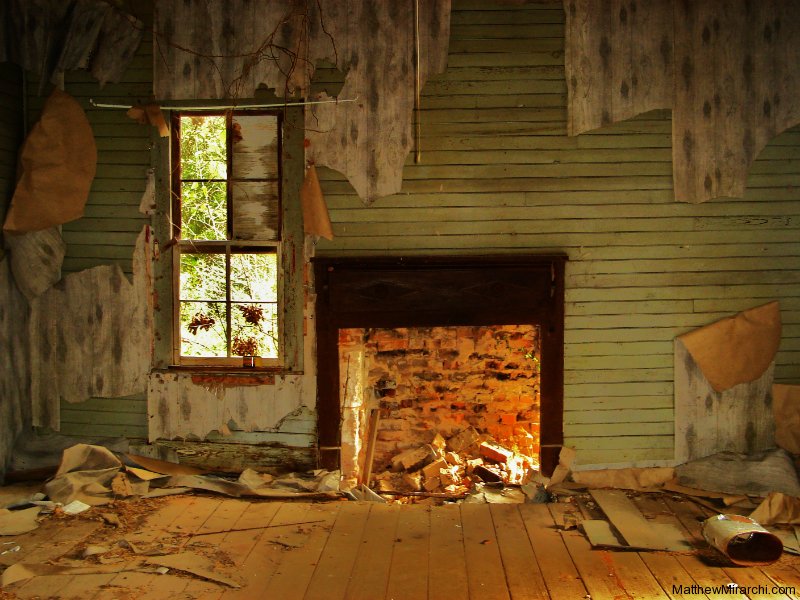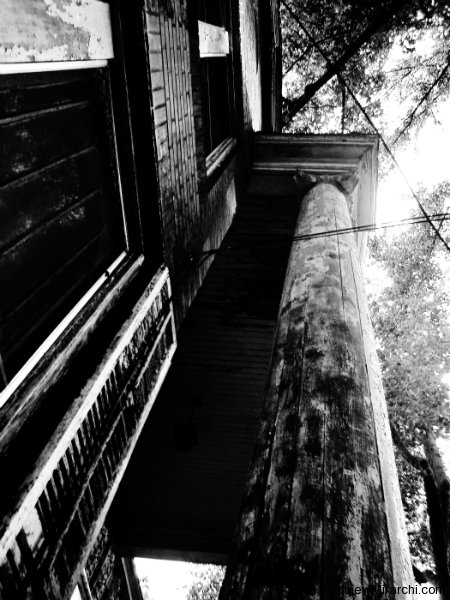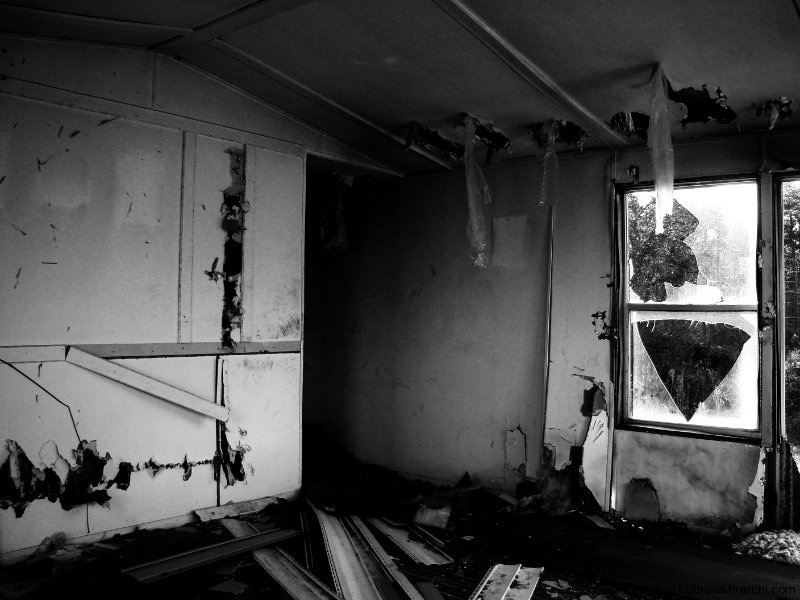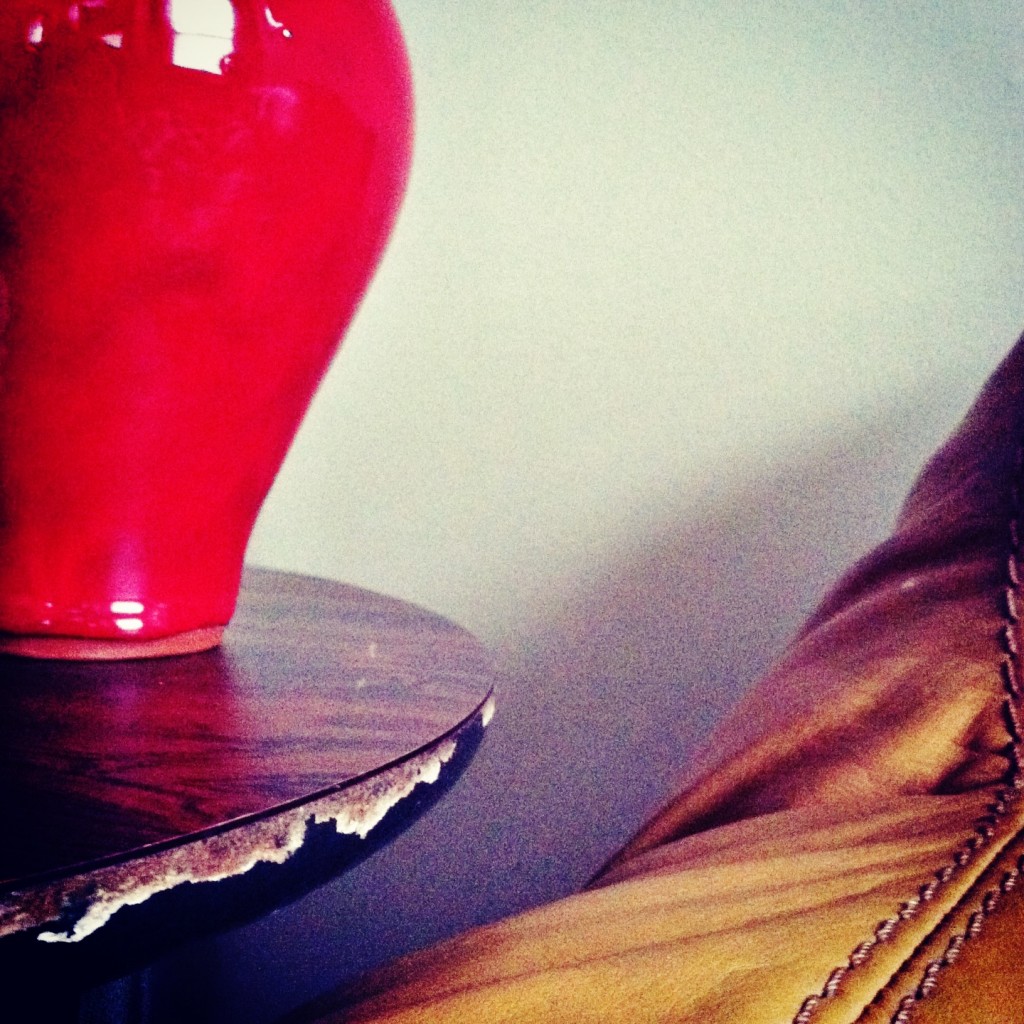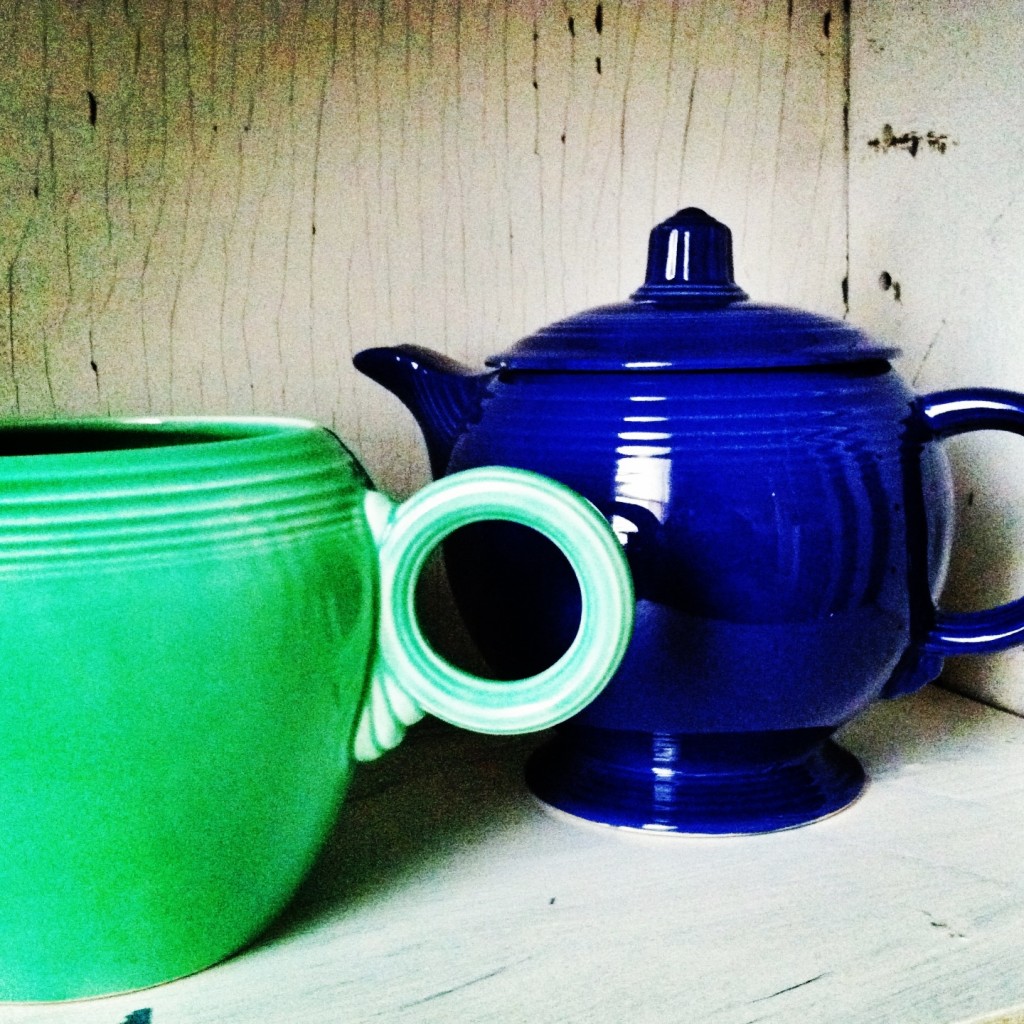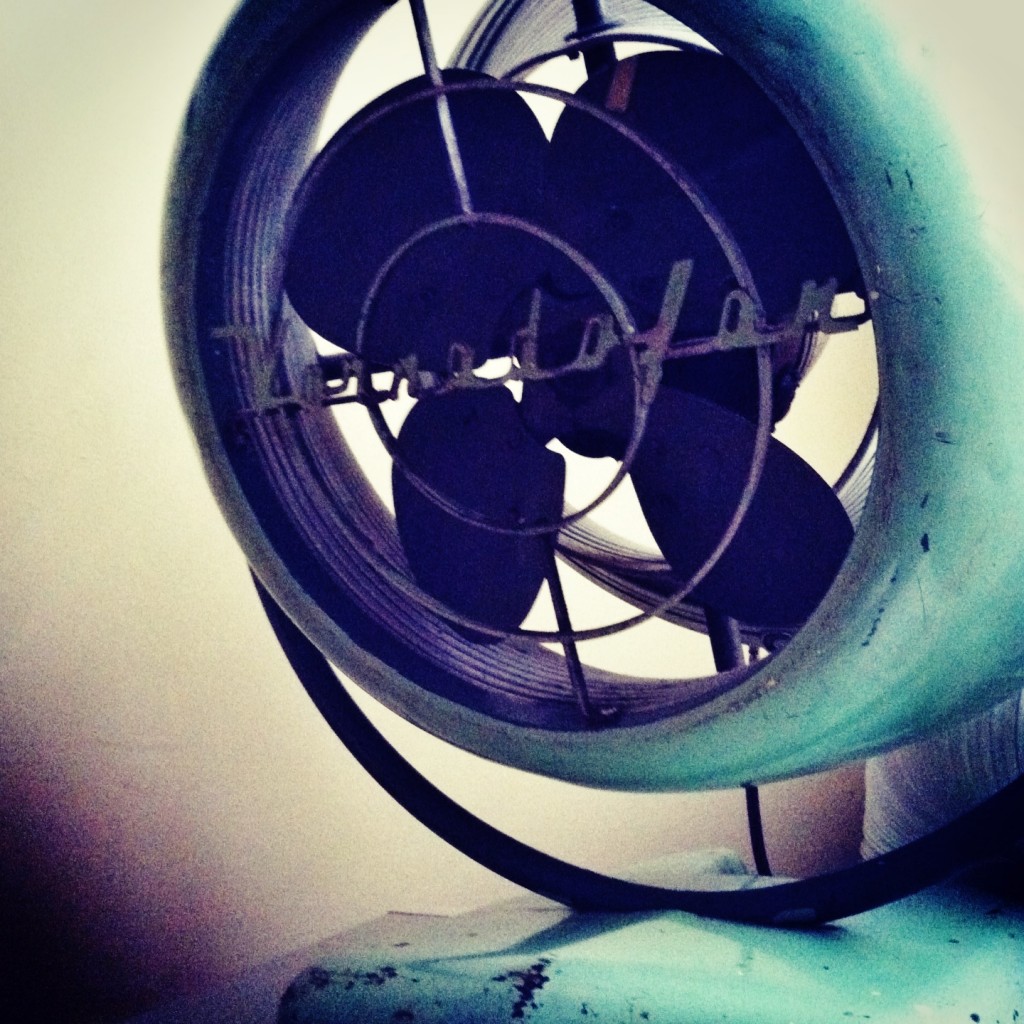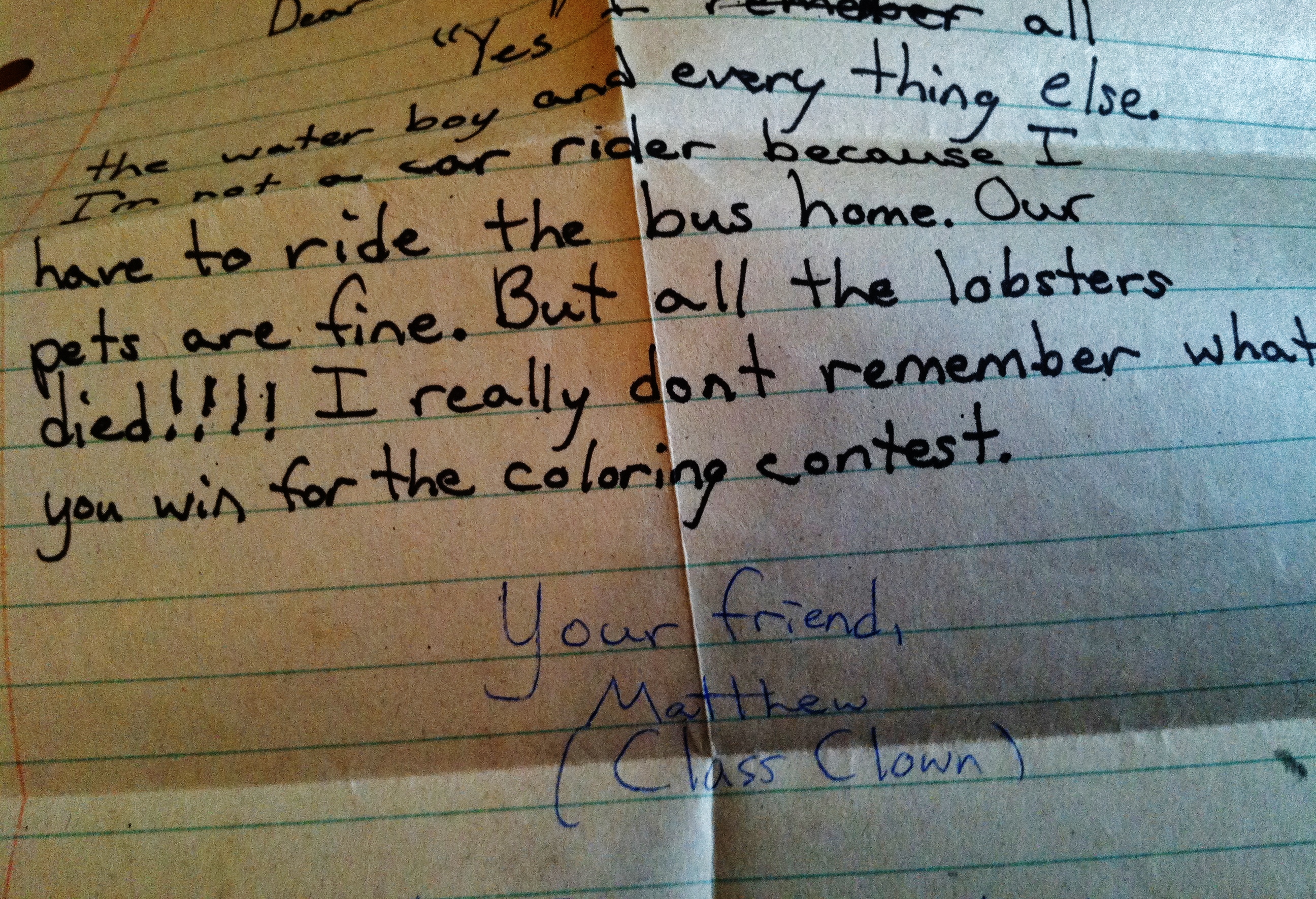On my first trip to rehab, I knew I wouldn’t see the likes of Courtney Love or Lindsey Lohan.
But surely Tiger, the university’s Golden Eagle mascot, would be careening up and down the central hallway, all while attempting to hide the white powder beneath his beak, screeching, “What? I’M IN CONTROL!”
Instead, Dad, Laura, and I step down into a modestly-sized concrete-block building with a low ceiling.
Squawks, hoots, and screeches bellow from the surrounding rooms, filling the narrow hallway with an ear-splitting ruckus.
I cover my ears.
Dad disappears into a side room.
A nearby door flies open, and all I can see is an enormous Bald Eagle with one wing outstretched.
I stare, slack-jawed.
Its gloved keeper thwarts its escape, and it gives a gut-wrenching squawk, like those I’ve heard in the backgrounds of Dad’s westerns.
“It’s just like the eagle in The Rescuers Down Under!”
No one hears me. Nerd bullet dodged.
The keeper folds in the eagle’s free wing, enclosing its body with one arm, and holding closed its sharp beak with a thickly-gloved right hand.
Dad reappears with a tall, thin man whose head nearly touches the ceiling. Dad introduces him as Jeff, the center’s manager.
“So, whaddya think of that?” Jeff asks, pointing to the cantankerous eagle.
“It’s loud.”
“Yup. They can get pretty cranky. Y’all want to see more in the back?”
The hair on the back of my neck stands on end.
“You mean we’re going back there?” I ask, incredulous, pointing to the darkened end of the hallway.
“Sure are,” Dad responds. “That’s where I’m banding.”
My mental image of a cocaine-using Tiger is immediately replaced with one of a head-banging Screech Owl twirling a pair of drumsticks.
Laura and I walk after them.
But then my curiosity gets the better of me, and I start looking into the side rooms, each of which contains disfigured hawks, eagles, and owls.
I press my face against one of the viewing windows.
“She’s a permanent resident, can’t make it on her own,” Jeff says over my shoulder, noticing my detour.
We press on, turn a corner, and enter a large room lined with expansive cages containing all sorts of scaring looking creatures perched on wooden platforms. My stomach knots up the same way it does when I walk into a pet shop’s reptile room. And the evolutionarily-inculcated, visceral, creepy-crawly feeling that screams I shouldn’t be here washes over me.
My eyes dart from hooked beaks to razor-sharp talons. And I’m immediately disappointed with the lack of instrument-wielding raptor accompanists.
“Are you sure we’re safe? We’re not going to get attacked by these birds?”
“Raptors. And, no, of course not. We’ve got all these folks to help us.” Dad motions to a few graduate students.
With that, Dad unpacks his case of metallic bands and Jeff tells us some of the residents’ back-stories: a Bald Eagle hit by a landing airplane; a Red-tailed Hawk that’d rammed into a truck’s windshield; a Screech Owl that’d wrapped itself around a power line.
But the raptors around us have been mending from gunshot wounds, and most of them are going to be released at the university’s fisheries this weekend.
Jeff asks if we’d like to come.
We look expectantly to Dad, who’s banding a rather unwieldy Sharp-shinned Hawk.
“Yeah, sure, that sounds good.”
A few more banded owls and hawks later, and we’re heading to lunch.
***
Munching on deliciously unhealthy chili dogs and spicy French fries, Dad gives us a little advice.
“When we go out to this release on Saturday, remember to listen to the raptor rehab folks, okay? You don’t want to mishandle a really pissed eagle and end up in hand-to-talon combat.”
I shift uneasily. This sounds a lot more dangerous than Jeff made it seem.
And here I’d envisioned pulling open a metal door on some transport cage and watching the eagle take off, just like the squirrels we’d trap in our yard and release into the woods.
Clearly, Dad doesn’t think this is such a big deal, seeing as how he and my mom rehabilitated an owl named Boobo, who’d lived with them in their trailer during graduate school.
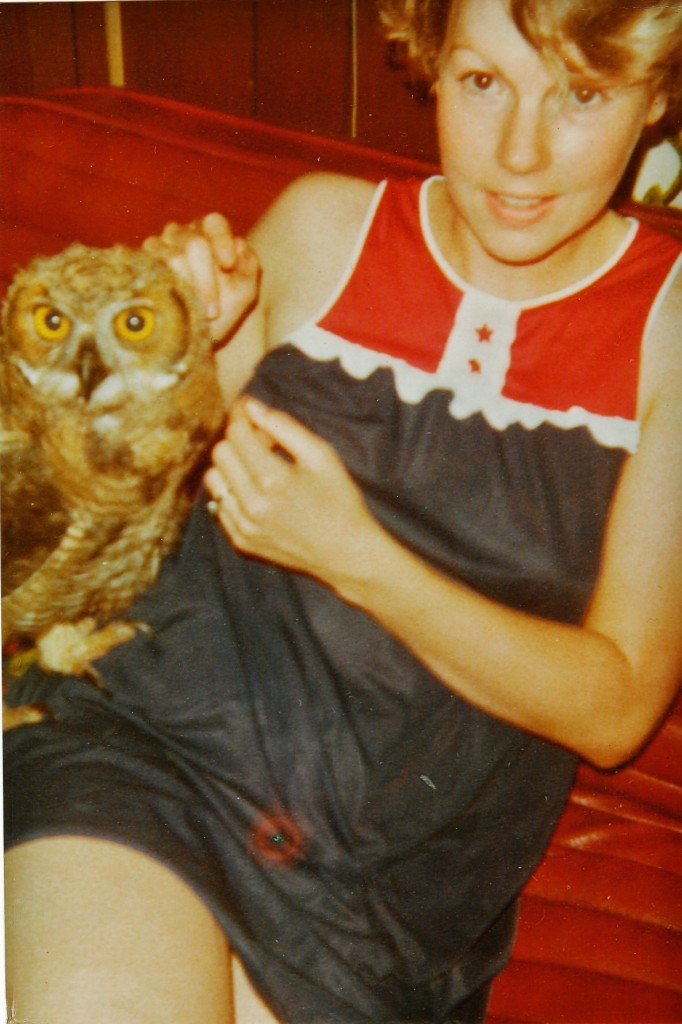
“So, we’re going to be holding those birds, er, raptors at the release?”
Laura rolls her eyes. “Get over it. Gah!”
I wipe chili off my face and glare at her. I can’t understand her blasé attitude about possibly being defaced by a surly Bald Eagle. Didn’t she see the damage wrought by sparrows in The Birds? And they didn’t even have talons!
Our parrot-sibling Scooby is the closest we’ve come to any creature of this magnitude. And he’s as angry as they come.
We both have scars to prove it.
***
Saturday arrives.
I’ve steeled my nerves to grapple with a feisty owl if the situation calls for it. But I won’t be crestfallen if I get an old, lethargic, tiny one.
We pull up to the fisheries and greet Jeff and a number of graduate students.
“Y’all ready for this?!” Jeff asks excitedly.
“Sure are!” Laura: calm and collected. Me: fronting and frantic.
Jeff briefly describes how to handle the raptors—how to throw them up, out, and away from us.
“You can’t be fearful.”
Right, I’m handling a huge descendant of something that tore people apart in Jurassic Park and I’m supposed to be fearless. Girl, please.
But then we start. A few graduate students release some hawks and a Golden Eagle. Then Mom and Dad each release an owl. Laura gets a hawk.
I’m up.
Jeff hands me a large, upside-down Barred Owl that resembles Archimedes from The Sword and the Stone. Even though she’ll only be in my life for a minute, I name her Barbara.
But instead of reciting some magical incantation or bestowing sagacious advice, Barbara swivels her head around, stares up at me, and lets out guttural clicks like the alien in Predator.
You can’t be fearful.
“But what if Bar- she falls into the pond and drowns?”
“Oh, don’t worry! In the ten years we’ve been doing this, nothing like that’s ever happened!”
Phew.
I shift Barbara into the release position, and throw her up and away from me.
“There she goes!” Jeff exclaims.
I burst with pride as she soars over the fisheries’ ponds.
Everyone smiles.
A few people clap.
But then she starts a rapid, downward glide.
No one says anything.
We just watch as if nothing’s changed. She descends closer and closer to the surface of the largest pond.
Maybe she’s going to catch a fish.
Two seconds later, I shatter the center’s impeccable release record.
She splashes into the middle of the pond, sending up a spray of greenish-brown water.
The crowd gasps.
Pandemonium ensues.
Goddammit, Barbara.
Trailed by my parents, the graduate students and Jeff dive in after the owl–keeping herself afloat with her outstretched wings, watching the frantic humans approach.
Laura and I stand on the bank, and I try to figure out how this happened.
Every other release has been fine. We’ve released dozens of squirrels. Nothing’s gone wrong. Well, except that squirrel that did a 180-degree turn, hurtling itself down a hill and into highway traffic.
I guess every record gets broken.
Five minutes later, Jeff totes a soaked, dazed Barbara out of the water and sets her on a low-hanging pine tree branch. With her head completely dry and body slicked and dripping, she looks like a cartoon. But none of the sopping wet rescuers share my comical vision.
“Well, that was, uh, something,” Jeff says politely, wringing out his shirt.
He and Dad step aside and talk for a minute, and I get in the car with Mom and Laura.
***
When we get home, I go open Scooby’s cage.
He growls and charges, spraying kitty litter everywhere.
I snap. Literally.
Scooby stops mid-run. I lower my face to his, and peer into his little dinosaur eyes. He ruffles his feathers and shrieks.
“Bird, you don’t even know what I’m capable of.”
Just ask Barbara.

